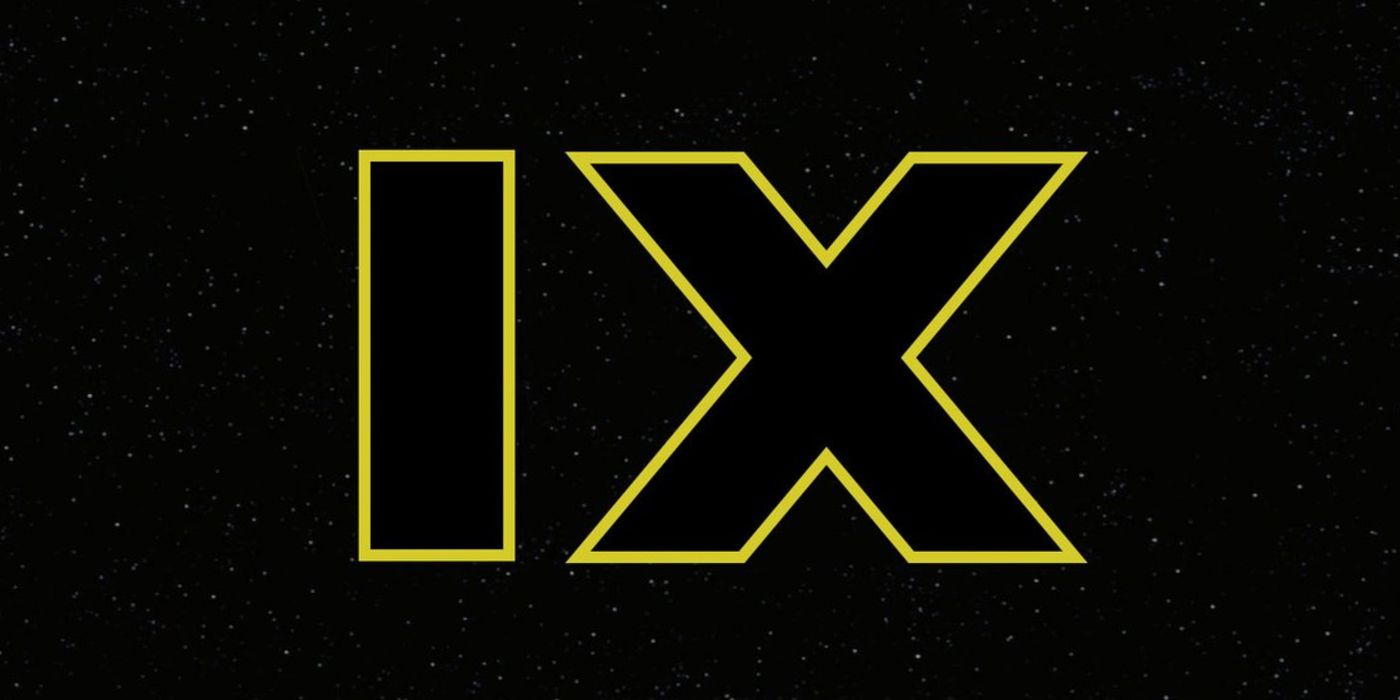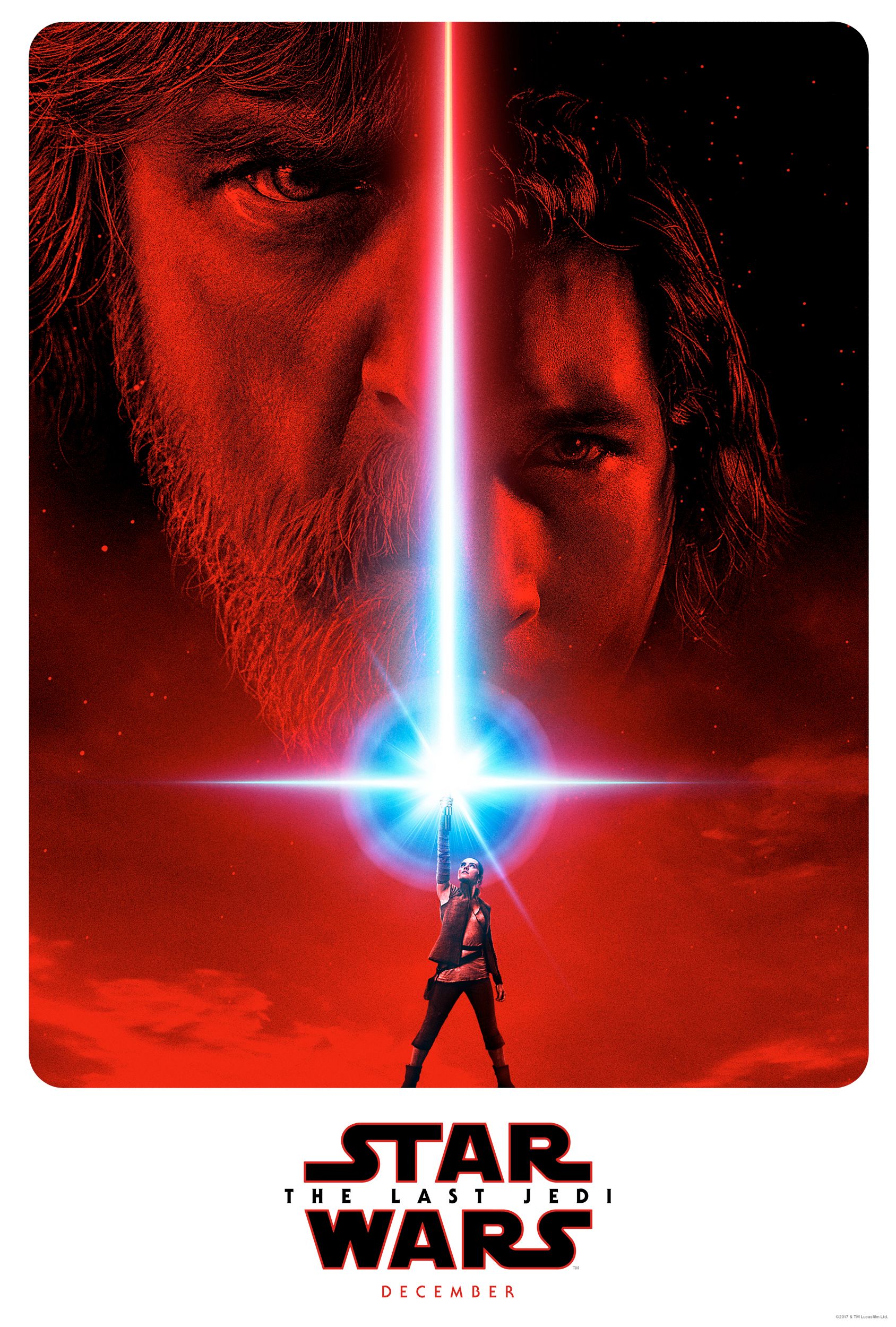After dominating December and steamrolling through the holiday movie season the last few years, Lucasfilm has made the rather curious decision to bring the Star Wars franchise back to its traditional summer window, where the first six films were released. Next year, the young Han Solo spinoff makes its way into theaters on May 25, and Star Wars: Episode IX will follow on May 24, 2019. The studio had established an ironclad pattern in their handling of their prized franchise (which included Force Friday merchandise rollouts for holiday shopping), but they're now looking to alter their business model. It's worth remembering that The Last Jedi was originally slated for this May, but the tremendous success of The Force Awakens and Rogue One made it seem like each Christmas would bring about Star Wars.
As big as the galaxy far, far away is, it's still one huge franchise in a Hollywood landscape chock full of them. Seeing just how lucrative that December slot has been, other properties are starting to wade into those waters. Warner Bros. has the Aquaman solo film scheduled for December 2018, and James Cameron will launch the first of his four Avatar sequels in December 2020. Since a direct head-to-head showdown wouldn't benefit anybody in the long run, the onus was on Lucasfilm to find a new place for their upcoming Star Wars films, so they settled on the familiar territory of late May. Both Han Solo and Star Wars 9 should undoubtedly be hits, but how will this shift impact the box office totals? Let's take a look at the situation.
One of the most appealing aspects about the December releases was that they essentially made Star Wars the only blockbuster in town. Summer is typically when the heavy hitters arrive at the multiplex, overloading screens with a variety of (hopeful) four-quadrant hits ranging from comic book adaptations to animated family films. Obviously, Star Wars is going to thrive commercially whenever another installment comes out, but it made a lot of sense to place the modern movies in December. Not only is that one of the busiest times of the year at the theater, Disney already had the warmer months on lockdown with the Marvel Cinematic Universe and Pixar (among others) drawing in large crowds. Dropping a Star Wars film on top of all that seemed like overkill. But that's the plan now, and Han Solo and Episode IX are set to face some higher-profile competition than Rogue One did.
Disney has done a solid job spacing their various projects out, providing a three-week cushion between their new Avengers movies and Star Wars installments. In the opening weekends, Han Solo and Star Wars 9 will run unopposed. The bigger question is how strong their legs will be. During its second week, Han Solo goes toe-to-toe with the hotly-anticipated Deadpool 2, which is sure to be a major hit. Granted, Wade Wilson comes with an R-rating, but the two movies still attract a similar demographic, meaning the adventures of Deadpool and Cable will cut into business for young Han and Chewie. Unless one of them moves, Han Solo could be the first Disney Star Wars film to not cross $1 billion. After Rogue One passed that threshold and set the tone for the other anthologies, that may not be what the Mouse House wants to see. The rest of June 2018 is loaded with other blockbusters like Bumblebee, The Incredibles 2, and Jurassic World 2, meaning even Star Wars could be yesterday's news after a couple weeks - especially since some of these titles will do better internationally.
Episode IX is currently in a better position. It shares its May 24 release date with a Doctor Dolittle reboot and the Minecraft adaptation (both of which will probably relocate), and the next major release (as of this writing) is a DC Extended Universe film on June 14. That gives Star Wars 9 a few weeks on its own to clean up at the box office before ticket sales start to decline. There's always a chance something gets slated for early June 2019 between now and then, but with Episode IX supposedly ending the Skywalker saga and rounding out a the third Star Wars trilogy, it's going to be a monumental event. It remains to be seen if it can reach the $2 billion mark of The Force Awakens (a figure no summer release has ever made), but it will definitely make $1 billion easily. Tentpoles are reaching that total faster than ever these days, and a Star Wars saga installment will need little time at all.
Obviously, there will be more pressure on the first three days for both Han Solo and Episode IX, as they won't be able to feast on the dregs of January, where little of note is released (outside of expanding Oscar contenders). Memorial Day has typically been a lucrative period at the movies; previous years have seen opening weekends like The Hangover Part II ($103.4 million), Fast and Furious 6 ($117 million), and X-Men: Days of Future Past ($110.5 million). The all-time record for a Memorial Day Weekend gross is Pirates of the Caribbean: At World's End, which made $139.8 million back in 2007. Adjusted for inflation, that debut stands at $147.8 million, en route to a total of nearly $400 million domestically - respectable and reachable numbers for Han Solo. Due to the ever-changing landscape of Hollywood (more franchises now), that's not an apples-to-apples comparison, but it gives fans a general idea. Expectations may have to be tempered, but not by much.
Disney seems to be operating under the assumption that Star Wars can just steamroll through anything because of the power of the brand, and there may be some truth to that. The Force Awakens and Rogue One did away with the typical December box office conventions (i.e. no $100 million weekends), so conceivably the same could happen in May. That said, there's a big difference between the panned Passengers and Assassin's Creed and the Merc With a Mouth. Big blockbusters will be lurking to take business away, although with the size of the Star Wars fan base in mind, people will still come out in droves to support a new installment. Summer 2015 saw a plethora of smash hits, proving moviegoing budgets may not be as tight as some think. There are few guarantees in the industry, and Star Wars is definitely one of them. It would be unwise to bet against the mega franchise.
This could be a rare instance where more importance is placed on the domestic numbers than the international. Star Wars makes a pretty penny everywhere, but its hauls in certain markets (like China) are far less than similar titles. Given when A New Hope became a phenomenon (1977), the galaxy far, far away broke out well before the foreign box office rose to prominence. A Bumblebee spinoff will do great internationally, but domestically, the Transformers series has seen diminishing returns. Production budgets are something else to keep in mind. Star Wars will always be expensive to make, but if Han Solo can come in closer to the Wonder Woman range of $100 million rather than Batman V Superman, it won't have to make as much to turn a profit. Plus, tie-in merchandise will always sell like hotcakes, generating massive revenue.
As stated earlier, a Star Wars movie is going to be a hit regardless of when it's released. The luxury of owning such a substantial brand is that Disney has the freedom to experiment a bit with releases and test different waters. It's similar to Marvel coming out with new movies in the spring or fall. If the difference between May and December is negligible, then Lucasfilm may call the summer home from here on out - or at least until the Avatar saga is completed. There's no denying Han Solo and Episode IX are going to make money, it will just be interesting to see how high they go in comparison to the December titles. No matter what, Lucasfilm should be trusted, since they aren't just going to arbitrarily schedule a Star Wars movie.






